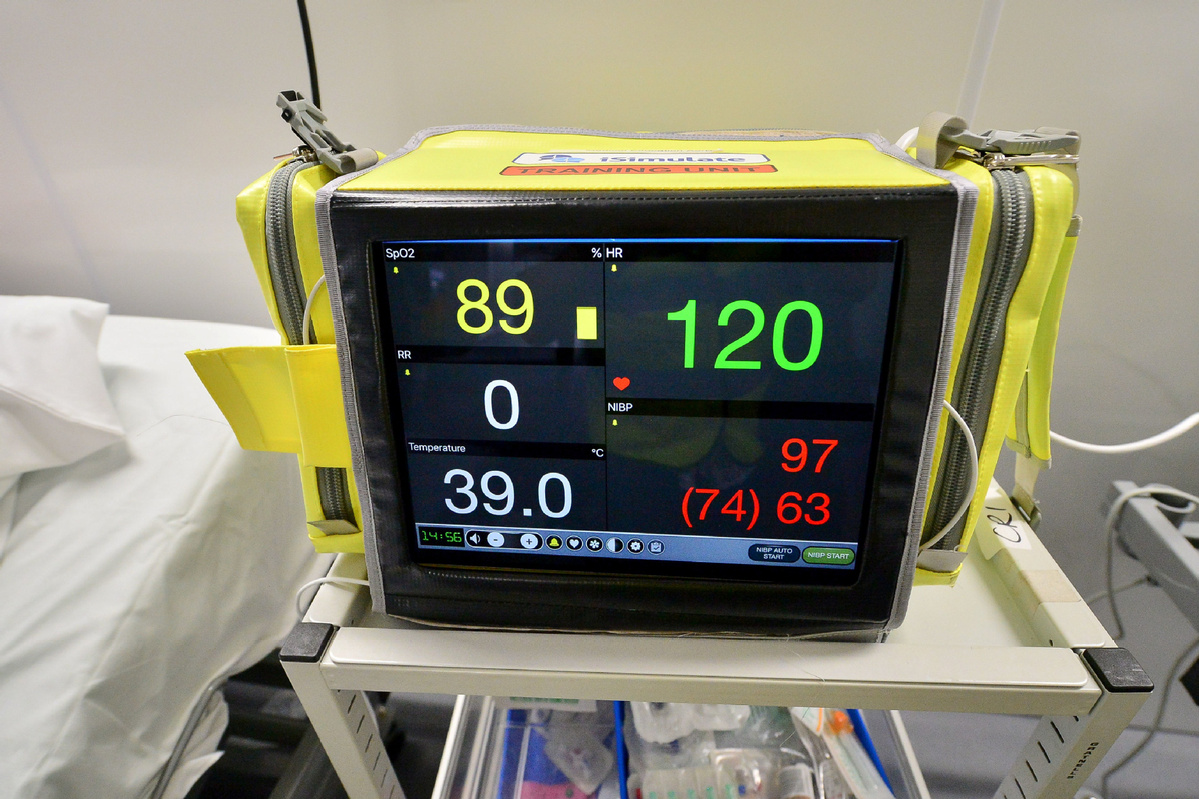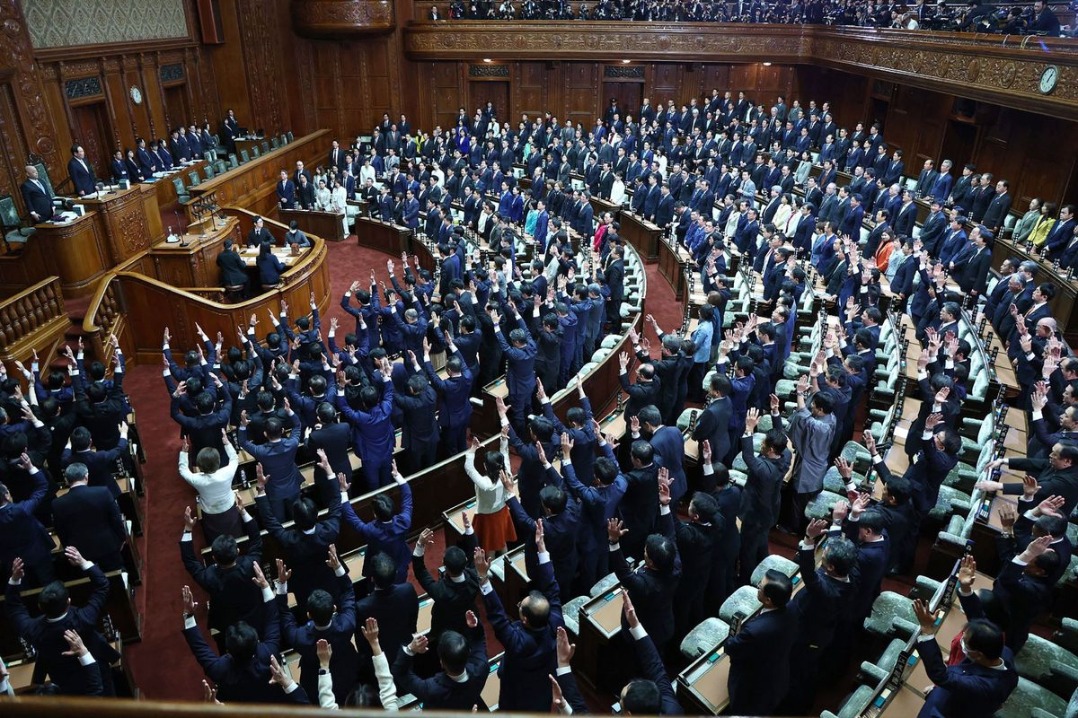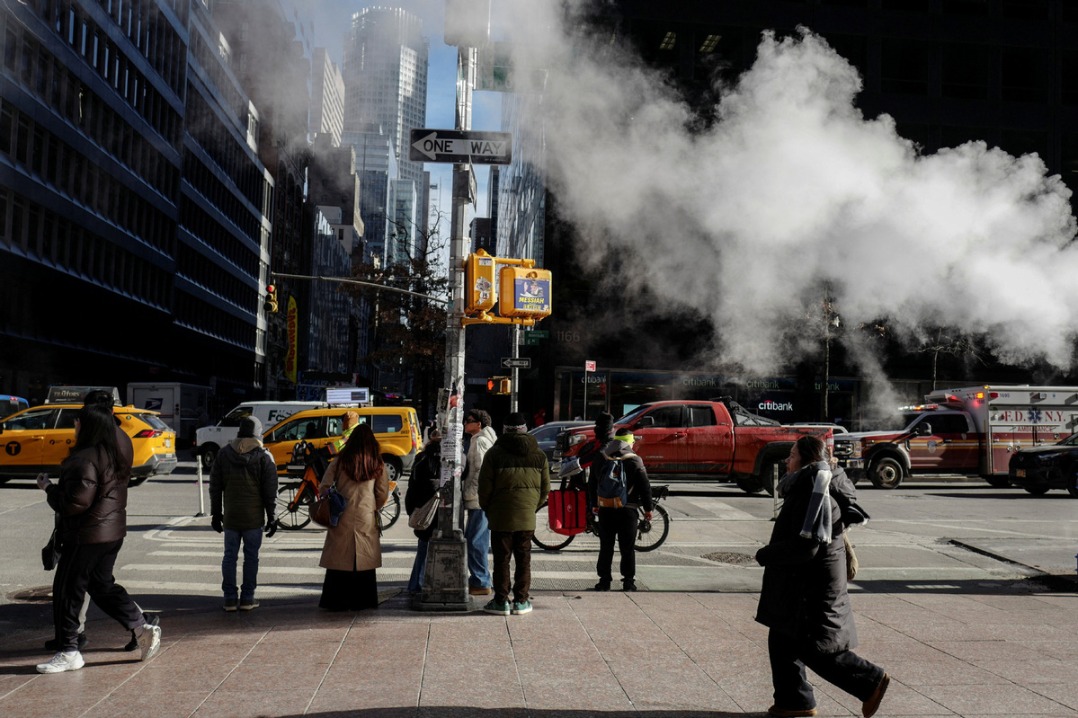Heart attack sufferers miss out on treatment

Many put off seeking medical help for fear of catching COVID-19 in hospital

Doctors in the United Kingdom have expressed worries as thousands of patients continue to wait for treatment in the wake of the novel coronavirus pandemic.
At the height of the pandemic, hospitals were forced to suspend non-coronavirus treatments to free up hospital beds for COVID-19 patients.
But many heart patients were also put off seeking medical help because of the fear of catching COVID-19 in hospital.
According to research published in the Lancet medical journal, some 5,000 heart attack sufferers might have missed out on lifesaving hospital care during the pandemic.
They found that the number of patients admitted with suspected heart attacks had fallen by 35 percent by the end of March.
"We are sitting on a time bomb for patients with severe aortic stenosis. What we've seen is quite substantial reductions in the treatment of this in the National Health Service because a lot of these procedures are undertaken electively, and as elective activity has been cancelled during the COVID pandemic, we are now finding a situation where over 2,000 patients that have this condition remain untreated, and if nothing is done, they will be at very high risk of mortality," said Mamas Mamas, a professor of cardiology at Keele University in Staffordshire, who is also a consultant cardiologist at Royal Stoke Hospital, who has been part of the research team with Oxford University.
As lockdown eases, some patients are resuming treatments but due to infection control and restructuring at hospitals, the number of procedures which can be undertaken has gone down.
The backlog means it will be months before hospitals are back on track.
Mamas said: "It is the patient that this is going to impact on…there is a huge backlog and so, as doctors, it's a challenge for us to try and prioritize."
In a separate survey, the Royal College of Physicians, or RCP, found that 60 percent of doctors worry that patients in their care have suffered harm or complications following diagnosis or treatment delays during the pandemic, while almost all doctors are concerned about the general indirect impact of COVID-19 on their patients.
Delays to elective surgery are also anticipated for some time yet, according to the RCP.
Only 13 percent think the NHS will recover its 18-week referral to treatment target within a year.
In addition, 40 percent believe the target will be met again within two years, but almost half think it will take up to five years or "not within the foreseeable future".
"There are big pressures on the care of patients with cardiac diseases because we are wary that during the winter months there might be an influenza spike or there may be a second wave in the pandemic," Mamas said.
"This is going to be a big problem as we have a lot of patients now with critical aortic stenosis and if you don't treat them, the risk of mortality becomes quite substantial, particularly the longer you leave it, and this is something we worry about, it's a big problem."
Researchers also found that elderly patients and those from black and minority ethnic backgrounds were most likely to stay at home with a suspected heart attack.
Mamas is urging people who are experiencing chest pains or acute breathlessness to seek medical attention.
"Don't leave it. You may be placing your life at risk. If you're having a heart attack, the quicker we open the vessel, the greater the benefit," he said.
To help with the backlog Mamas called for greater COVID-19 testing and possible changes to physicians' working hours, to help them cope.
He also called for better planning in the future.
"The government were caught short with protective gear for the population, they were caught short with public health strategies, the lockdown was announced late, asking the public to wear masks only now and sending patients back to nursing homes without testing at the start of COVID-19 was shambolic," he said.
Andrew Goddard, president of the RCP, said: "Delays to treatment are so often a major issue for the NHS but as a result of the COVID-19 pandemic, it's fair to say we've reached crisis point. Doctors are, understandably, gravely concerned that their patients' health will have deteriorated to the point where they will need much more extensive treatment than previously, at a time when NHS resources are already incredibly depleted."
































